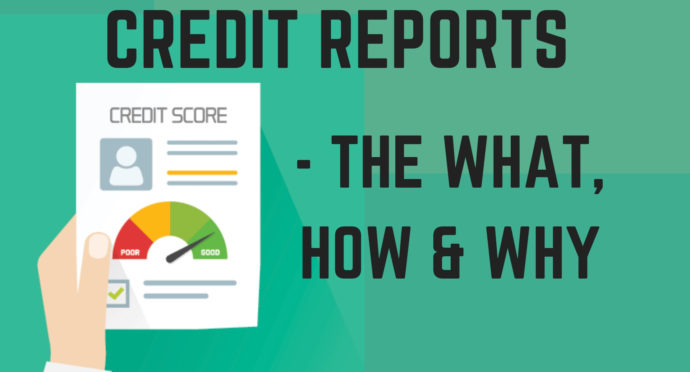Article by Patrick Lynch, Head of Operations at Long Property
If you’ve ever applied for credit, there will be a report about you. Credit is any arrangement where you borrow, and the provider agrees to being repaid at a later date. Credit Providers have worked out that the chances of someone repaying a new loan can be predicted by how they’ve repaid previous debts. A Credit Report can help the Provider decide if a Borrower is worth the risk.
What does a Credit Report contain?
A Credit Report contains information collected from Credit Providers, courts and other organisations. Credit Providers obtain the report from Credit Reporting bodies.
Until recently, Australia had a negative reporting system and consumer Credit Reports only contained information such as credit enquiries (applications) and information from Credit Providers such as payment defaults and major credit infringements. From September 2018, major Australian banks and various Credit Providers are operating under Comprehensive Credit Reporting (CCR), under which positive data can be included, i.e. if you make repayments on time, good credit behaviour will be recorded on your report. The additional information includes when accounts were opened and closed, types of credit, credit limits and up to 24 months of repayment history.
Most developed countries operate in this way and this is expected to enhance Australia’s Credit Reporting system, as it should better identify Borrowers who are displaying sensible credit management. By September 2019, Credit Providers are required to be fully compliant and provide Credit Reporting bodies with information on credit cards, personal and car loans, overdrafts and home/ investment loans. Only your repayment history from licenced credit providers (telecommunication and utility companies are not licenced) can be recorded.
How do I get a copy of my Credit Report?
Anyone can get a copy of their Credit Report by contacting a Credit Reporting body. You will be asked to provide personal information (e.g. your name, address and employment details, driver licence or passport number, etc.) to enable them to properly identify you.
You can get a copy of your Credit Report for free in the following circumstances:
- Once a year (not counting the following)
- If you have applied for and been refused credit within the previous 90 days
- Where your request relates to a decision by a Credit Reporting body or credit provider to correct information included in your Credit Report.
Some Credit Reporting bodies include (click the name for their website):
Why should I check my report?
You should check your Credit Report to ensure information is accurate. Identity theft happens, so ensure enquiries and listings on the report are yours. If you see something inconsistent, contact the Credit Reporting body or credit provider. If you still aren’t satisfied, contact the Australian Financial Complaints Authority (AFCA). Your Credit Report can only be changed if it is inaccurate or out of date.
Getting into a good credit position before you apply can improve your access to good credit (borrowing capacity, rates, etc.). Credit Reporting bodies or Credit Providers may condense your Credit Report into a rating or score, comparing you to other borrowers in assessing creditworthiness. Your score is dynamic, meaning it may change as financial circumstances change. Examine your financial situation and improve your chances by:
- Paying mortgages and other loans, rent and bills on time (consider automated payments)
- Paying credit cards off in full each month, and lowering unnecessary limits
- Limiting credit applications to when .
Knowing your credit history can help you achieve a healthier financial future.
—
Long Property blog content provides general information only and has been prepared without taking into account your objectives, financial situation or needs. We recommend that you consider whether it is appropriate for your circumstances and your full financial situation will need to be reviewed prior to acceptance of any offer or product. Nothing on the Long Property website constitutes legal, tax or financial advice and you should always seek professional advice in relation to your individual circumstances.
Credit Representative Number 493530 authorised under Australian Credit Licence 389328.




